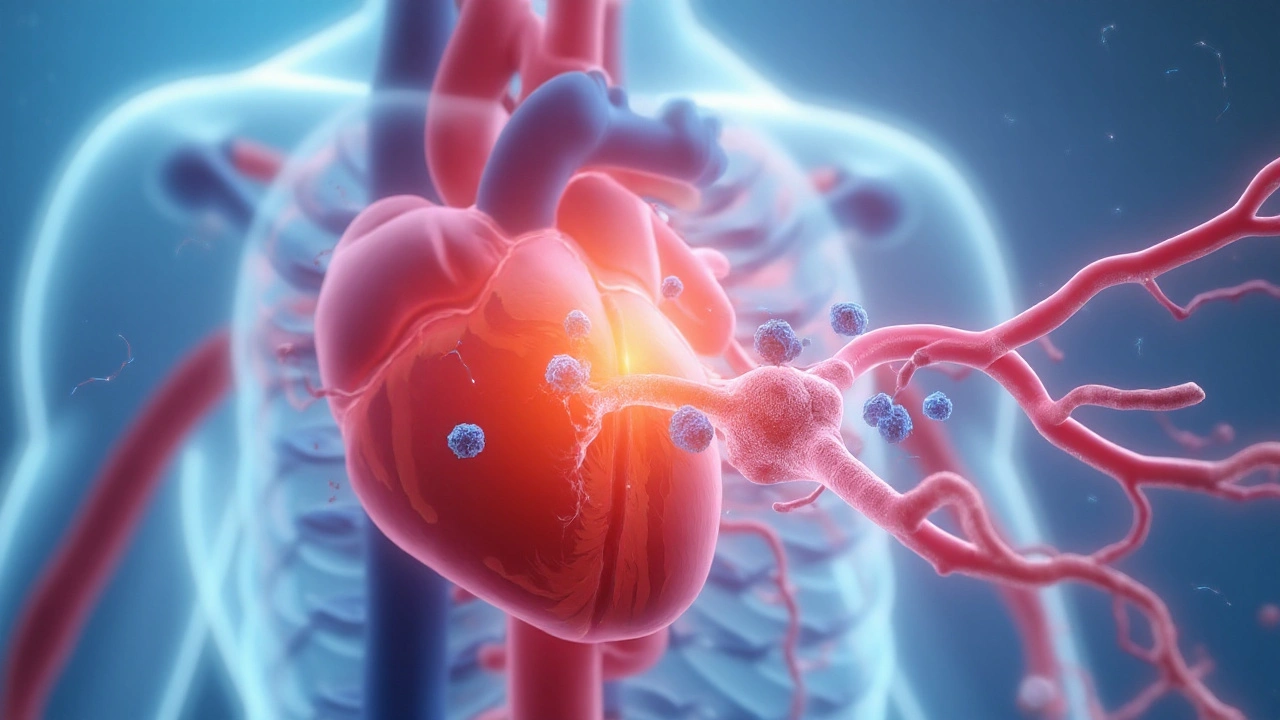HOPE Trial: A Plain‑Language Guide
Ever wonder why doctors keep talking about the HOPE trial? It’s not a mystery drug or a fad—it's a landmark study that changed how we treat high‑risk heart patients. In simple terms, the trial asked: does a cheap blood‑pressure pill lower the chance of heart attacks and strokes? The answer reshaped guidelines and saved countless lives.
Why the HOPE trial mattered
The HOPE (Heart Outcomes Prevention Evaluation) trial started in the mid‑1990s and enrolled over 9,000 people with cardiovascular risk factors like high blood pressure, diabetes, or a history of heart disease. Participants were randomly given either an ACE‑inhibitor called ramipril or a placebo, and they were followed for about five years. This “real‑world” setup let researchers see what happens when a simple, low‑cost medicine is used long‑term.
When the data came in, the results were striking. People on ramipril had about a 20% lower risk of dying from heart‑related causes, a 25% drop in heart attacks, and a similar dip in strokes compared to the placebo group. Those numbers might sound like just percentages, but they translate into thousands of lives saved worldwide.
Key takeaways for patients
If you’re someone with high blood pressure, diabetes, or a previous heart event, the HOPE trial tells you that an ACE‑inhibitor can be a game‑changer. It’s not a miracle cure, but it does a solid job of protecting your heart and blood vessels with few side effects for most people.
Doctors now put ACE‑inhibitors at the top of their treatment lists for high‑risk patients because the HOPE trial proved they work. Even if you’re already on a different blood‑pressure drug, discuss with your doctor whether switching to or adding an ACE‑inhibitor makes sense for you.
Another practical point: the trial showed the benefits were consistent across ages, genders, and ethnic groups. That means the findings are broad enough to apply to most patients, not just a narrow slice of the population.
People sometimes worry about cough or kidney issues with ACE‑inhibitors. While those side effects exist, they’re relatively rare. Most patients tolerate the medicine well, and doctors can adjust the dose or switch to a similar drug if problems arise.
Finally, the HOPE trial reminded the medical community that simple, inexpensive interventions can have huge public‑health impacts. It sparked a wave of similar studies that keep testing everyday drugs for big outcomes, keeping treatment recommendations evidence‑based.
Bottom line: the HOPE trial proved that taking a low‑cost ACE‑inhibitor like ramipril can meaningfully lower your risk of heart attacks, strokes, and death if you’re already at risk. Talk to your healthcare provider about whether this evidence‑backed option fits into your own heart‑health plan.

How Ramipril Helps Prevent Heart Disease: Benefits, Research & Guidelines
Discover how Ramipril reduces heart disease risk, the science behind ACE inhibition, key trial results, and practical guidance for patients and clinicians.




